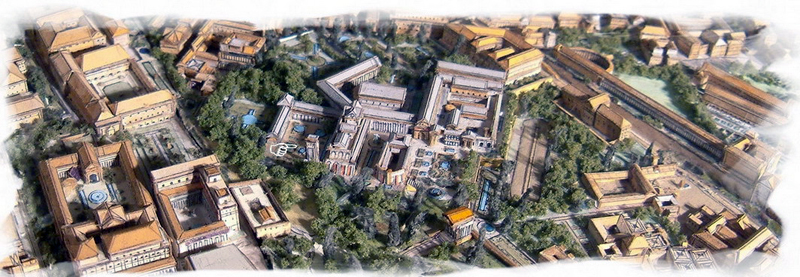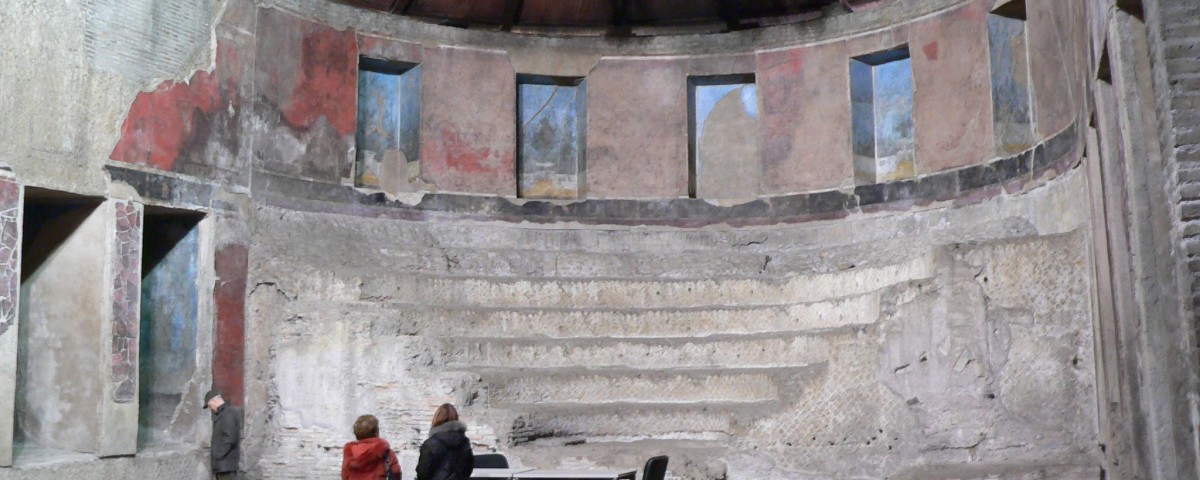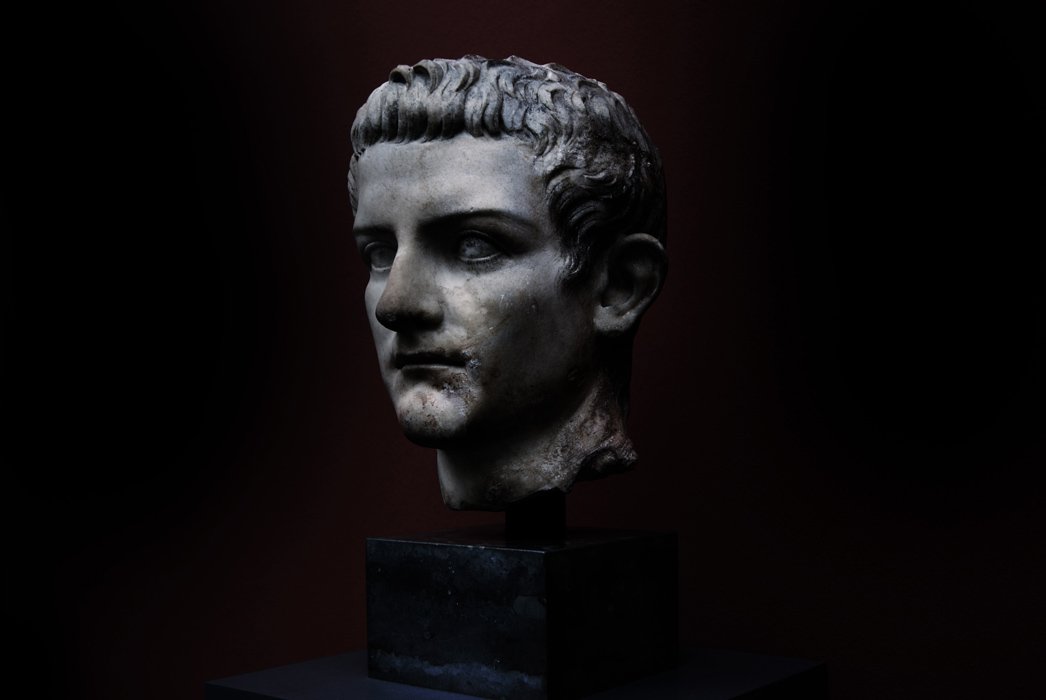Of all Rome’s emperors, Caligula stands among the most infamous. His reputation for being mad, bad, and dangerous-to-know has endured for nearly 2,000 since his brutal assassination, orchestrated by his disaffected Praetorian Prefect who had had enough of the emperor’s insults.
The charges of cruelty and debauchery laid at Caligula’s feet are many. apparently held orgies with his sisters. He had people executed arbitrarily. He even made his horse a senator to humiliate the Senate.
Caligula: the man behind the myth
Caligula was certainly no angel, but it’s hard to fully buy into his representation among the ancient sources as a tyrannical monster, a devil incarnate.
The men who wrote the history of his reign certainly had their own agenda. They felt humiliated at how powerless and redundant, they and their senatorial colleagues had become in the shadow of the newly established role of the emperor.
Instead of portraying themselves as subservient, it made sense for them to paint the emperor as tyrannical. The truth, as always, lay somewhere in the middle. Yet the madder and badder he appeared, the less – they would say – they could do.
Few ancient sources for Caligula offer anything we can consider objective. But there is one, written by the Alexandrian Jew Philo, that comes close.
Known as the ‘Embassy to Gaius‘ (Gaius being Caligula’s real name), this text preserves a meeting between Philo, at the head of a Jewish embassy from Alexandria, and the emperor Caligula in Rome, held some time in 39 or 40 CE.

Philo’s Jewish Embassy
The Jews of Alexandria faced a series of pogroms in the late 30s AD, initiated by the Greek grammarian and anti-Semite Apion of Alexandria. This went against the protection guaranteed to the Jews by the Ptolemaic dynasty before Egypt came under Roman rule and the emperor Augustus after.
When Philo’s Jewish embassy arrived in Rome, they were made to wait 15 months for an audience. In that time, the emperor went even further to aggravate Roman-Jewish tensions by threatening to install a statue of himself in the Temple of Jerusalem (more on that in our next post).
Philo and his companions met with the emperor on the grounds of Caligula’s Palace on the Esquiline Hill. They were nervous, understandably given the emperor’s reputation. And when Caligula greeted them in a mild and measured tone, their nerves grew even more.

Philo’s Jewish embassy meets Caligula
Greeting Caligula respectfully with the title “August Emperor”, the emperor replied through gritted teeth:
“So you are the god haters, the people who do not believe that I am a god. Why the rest of the world acknowledges me as a god, yet you refuse to pronounce the title?”
Philo replied that he and his fellow Jews had observed all the correct procedures, offering sacrifices to the emperor as was customary in the imperial cult. Caligula conceded. But he retorted that though this was done in his name, they had in fact been offered to their God.
What was meant to be an embassy to secure the emperor’s protection of the Jews soon descended into farce. Rather than hold the meeting in a law-court or palatial tribunal, as was tradition, Caligula continued to dart around the gardens, inspecting their buildings and making off-handed comments.
“Why don’t you eat pork?” he asked them, to which Philo replied, “for the same reason you don’t eat lamb.”
“You’re right,” the emperor mused. “It’s not very nice…”

Caligula’s (divine?) fate
Caligula never conceded to Philo’s request. The embassy was cut short when the emperor tired of their company and declared the hearing over. His concluding words on the Jews were that “These men do not appear to me to be wicked so much as unfortunate and foolish in not believing that I have been endowed with the nature of a god.”
But Philo believed divine justice would follow the emperor’s arrogance, telling his companions to keep heart and be patient. Sure enough, within the year Caligula was dead, hacked to pieces on the steps of a theatre. He was subjected to damnatio memoriae, the obliteration of all traces of his existence – a common Roman punishment for disgraced public figures.
Our sources give divine prescience no part in Caligula’s assassination. But Philo, like all other Jews from Alexandria and Jerusalem, would have seen things differently.

Enjoyed this blog post? Stay tuned for my next one (also on Caligula). And if you’re visiting Rome and would like to learn more about its Jewish history, why not join me on my Jewish ancient Rome tour!






